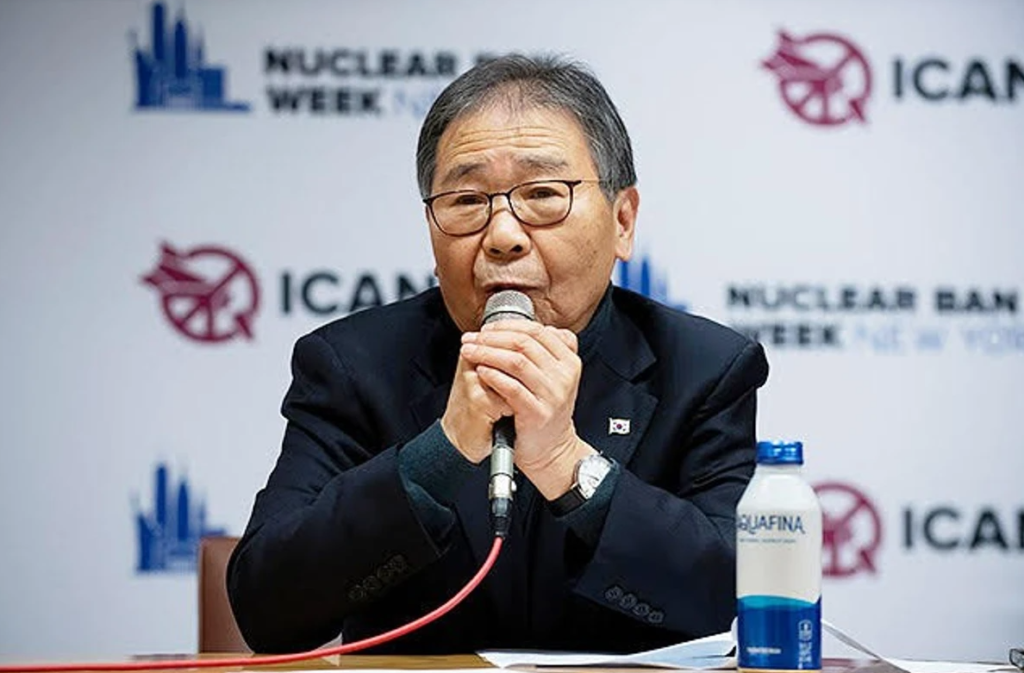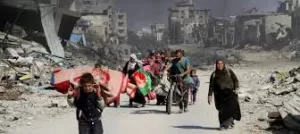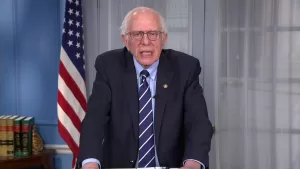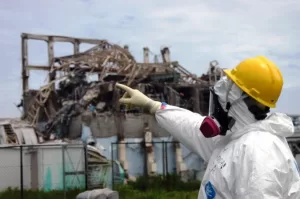On June 8th, 2024, in Hiroshima, Japan, The International People’s Tribunal On The 1945 Atomic Bombings met with the goal of holding the United States accountable for the dropping of atomic bombs on Hiroshima and Nagasaki. This People’s Tribunal focuses on the Korean bomb victims, 100,000 of whom were forcibly taken from their homeland by the Japanese to work in Hiroshima and Nagasaki during the war and were subsequently exposed to the A-bomb blasts.
The recent Tribunal gathering in Hiroshima consisted of legal scholars from Germany, Switzerland, Australia, New Zealand, and the United States, discussing legal theories to hold the United States accountable for violating international law for the 1945 atomic bombings, and attempting to establish the illegality of current nuclear threats and nuclear weapon states.
The Tribunal and its Korean plaintiffs are also seeking an official apology from the United States to the Korean victims for the dropping of the two atomic bombs. First and second-generation victims of these bombings were present at the conference and gave powerful testimony as to the multigenerational effects from the bomb blasts.
The Tribunal itself will hold its opening gavel proceedings in New York City in May of 2026 to coincide with the United Nations meeting on the Treaty on the Prohibition of Nuclear Weapons (TPNW).
Participants in the June 8th conference were given a tour of the Hiroshima Peace Park and the Hiroshima Peace Museum, which solemnly exhibits the horrific events of August 6th, 1945. Throughout the museum are displays of the burnt and tattered remnants of children’s clothing, charred bicycles, panoramas of the city after detonation, and graphic pictures of atomic bomb victims staggering toward the rivers of Hiroshima in a futile effort to extinguish their pain.
In a single white flash, some 70,000 souls were extinguished at 8:15 in the morning on that August day. Black Rain followed, pouring down on the alive and the barely alive radioactive water. Charred bodies covered the ground and filled the rivers.
A stone step with the vague outline of a human shadow forever singed into it rests in the museum, allowing the viewer to ponder a person sitting there at the time of the blast, casting a shadow on the stone beneath them as the rest of the stone was bleached by radioactive light from the A-bomb blast. In the Peace Park on a grass hill is Memorial Mound, where the unclaimed ashes of tens of thousands of victims are stored.
Such images linger: A person incinerated and reduced to a shadow. A river so filled with charred corpses no one can enter its waters. Burnt skin falling from bodies like flaps of clothing. The bustling city turned to a hellscape of fire. A grass hill transformed to a charnel house. On an August morning, Hiroshima became Dante’s Inferno.
Cancers and keloids developed in the decades ahead continuing to inflict pain and again victimize the Koreans who had been forcibly removed there. Healthcare of the ongoing illnesses was not provided to the Koreans by the Japanese or the U.S. For the past 79 years, they suffered.
But now they seek redress and justice.
The Koreans seek an apology from the United States for what has happened to them over these last eight decades. With dignity and great strength, they stood together on this June weekend of 2024 stating their case and asking that their plight be recognized.
Why now? What would an apology mean to the Korean victims?
To apologize would be an expression of regret and an accepting of responsibility by the United States, an acknowledgement that the bombing of these two civilian sites was unlawful and inflicted multigenerational pain and suffering on the victims. An apology would be a step toward reconciliation and lasting peace.
And why a People’s Tribunal comprised of Korean, Japanese, American, European and other nationalities? What can its members hope to accomplish against powerful nation-states? Through the rule of law and the justice of international courts, they hope to gain legal remedy. And, equally important, they seek to stand with the victims. As legendary peace activist Philip Berrigan said, “Until we go into the breach with the victims, the victimization will not cease.”
During the conference, a memorial service to the Korean victims was held in the Peace Park. Japanese representatives spoke, Korean victims spoke, and in the audience were Americans invited to participate in the Tribunal. People from three countries connected by the atomic bombings and bearing unreconciled grievances were present at this memorial service. At Ground Zero of the blast, they attempted to heal and reconcile, to move forward into a world without nuclear weapons.
The people, the citizens, are ready. The governments of each country must now follow. This Tribunal seeks to make that happen.
“If the US, which bears the original sin, admits and apologizes for the responsibilities of the atomic bombings in 1945, then no country will ever contemplate using nuclear weapons. This is why I am participating as a plaintiff in The International People’s Tribunal to hold the U.S. accountable for dropping atomic bombs on Hiroshima and Nagasaki.” — Kee-youl Lee, First Generation of Korean Victims.
(Brad Wolf, a lawyer and former prosecutor, is director of Peace Action Network of Lancaster, PA and co-coordinates the Merchants of Death War Crimes Tribunal. His new book on the writings of Philip Berrigan is entitled “A Ministry of Risk” and was published April 2 by Fordham University Press. Courtesy: CounterPunch, an online magazine based in the United States that covers politics in a manner its editors describe as “muckraking with a radical attitude”. It is edited by Jeffrey St. Clair and Joshua Frank.)




